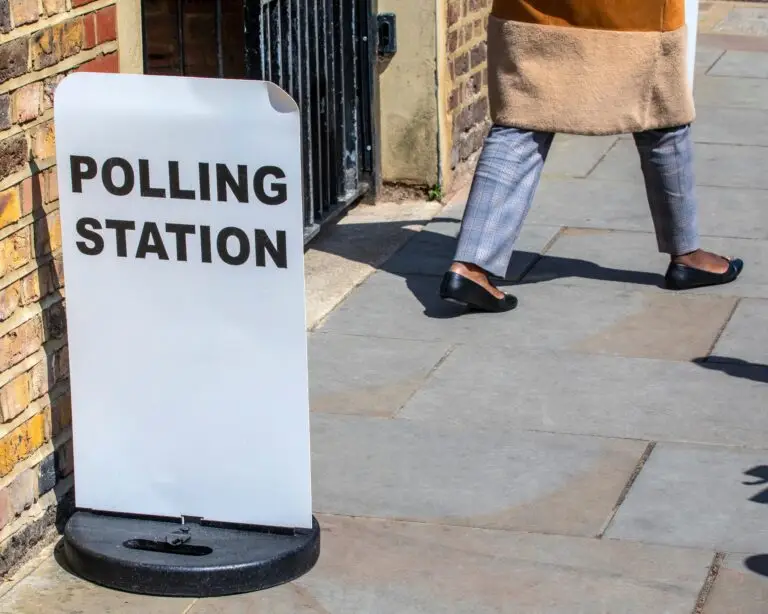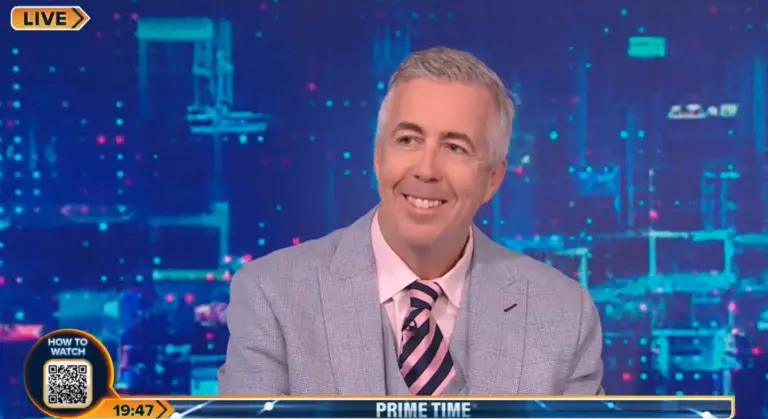As the major political parties compete to dominate national transport news – with the Shadow Transport Secretary, Louise Haigh MP, having set out the Labour Party’s plans for England’s bus services last week, and the Department for Transport launching a programme of road repairs backed by the reallocation of High Speed 2 (HS2) funding – we are taking a moment to reflect on the key insights from the recent Northern Transport Summit 2024.
The all-day conference brought together local authority and industry leaders to discuss how – in the wake of HS2’s cancellation and the reorientation of Northern transport policy to enhanced inter-regional connectivity – the positive case for investment in Northern transport can be communicated, and the opportunities and challenges within this.
For government, the primary takeaway from the day was that there is a distinct lack of trust emerging between Northern leaders and Westminster over transport policy. This is being fuelled by concerns that the promised investment in ‘Network North’ will not be realised. For voters in the North – many of whom sit in former ‘red wall’ constituencies that supported the Conservatives in 2019 – the Government has a long way to go to demonstrate that it has delivered on the lofty ‘levelling up’ ambitions identified at the beginning of this Parliament, or risk facing the consequences at the upcoming general election.
Set out below are the five key points from the summit:
- The ability to travel quickly, safely, and affordably is essential to unlocking economic growth and productivity: Connectivity enables workers to access a wide range of employment opportunities and supports employers to recruit the best talent. Being able to travel between major cities – such as Manchester and Leeds – easily and efficiently is therefore important to supporting the workforce and making productivity gains.
- Further devolution in national transport policy could benefit local communities: The current system of transport planning was identified as a top-down model from Westminster to the regions, described as “almost impenetrable”. The Government was called upon to simplify the system by giving regional mayors greater powers over transport policy, leading to what was described as a ‘place-based’, rather than ‘party-based’, approach.
- Accessible public transport networks support social inclusion: There is much more work to be done to make the UK’s public transport networks accessible to all its users. Increasing physical accessibility as well as improving the affordability and connectivity of public transport was recognised as being pivotal to wider efforts to enhance equality and social mobility. For the summit’s speakers, the responsibility for setting a standard on accessibility requirements sits with the national government, with local and devolved authorities focusing on implementation.
- Sustainability and investment in transport networks are not mutually exclusive: Planning and investment in transport infrastructure should be considered through the lens of national sustainability objectives. The primary example referred to throughout the conference was the need to support more freight onto rail networks to reduce congestion and emissions on roads. Elsewhere, the progressions made in electrified buses and rail as well as sustainable aviation through alternative fuels and hydrogen powered aircrafts were discussed. Crucially, however, it was noted that innovations toward sustainable transport systems are dependent on investment.
- Improved connectivity between Northern cities will help position the region on the international stage: Adequate transport links within and between Northern cities like Manchester, Leeds and Liverpool – alongside improved connections to the city’s respective airports – would improve the attraction of them to tourists. According to the panel of Northern metro mayors, this would bolster the domestic economy and would enhance the cultural reputation of the North of England, enabling these areas to achieve the same status as other second cities in Europe, such as Marseille or Barcelona.
For more information on the Northern Transport Summit and transport and infrastructure policy, please don’t hesitate to contact daisy.mann@plmr.co.uk.





